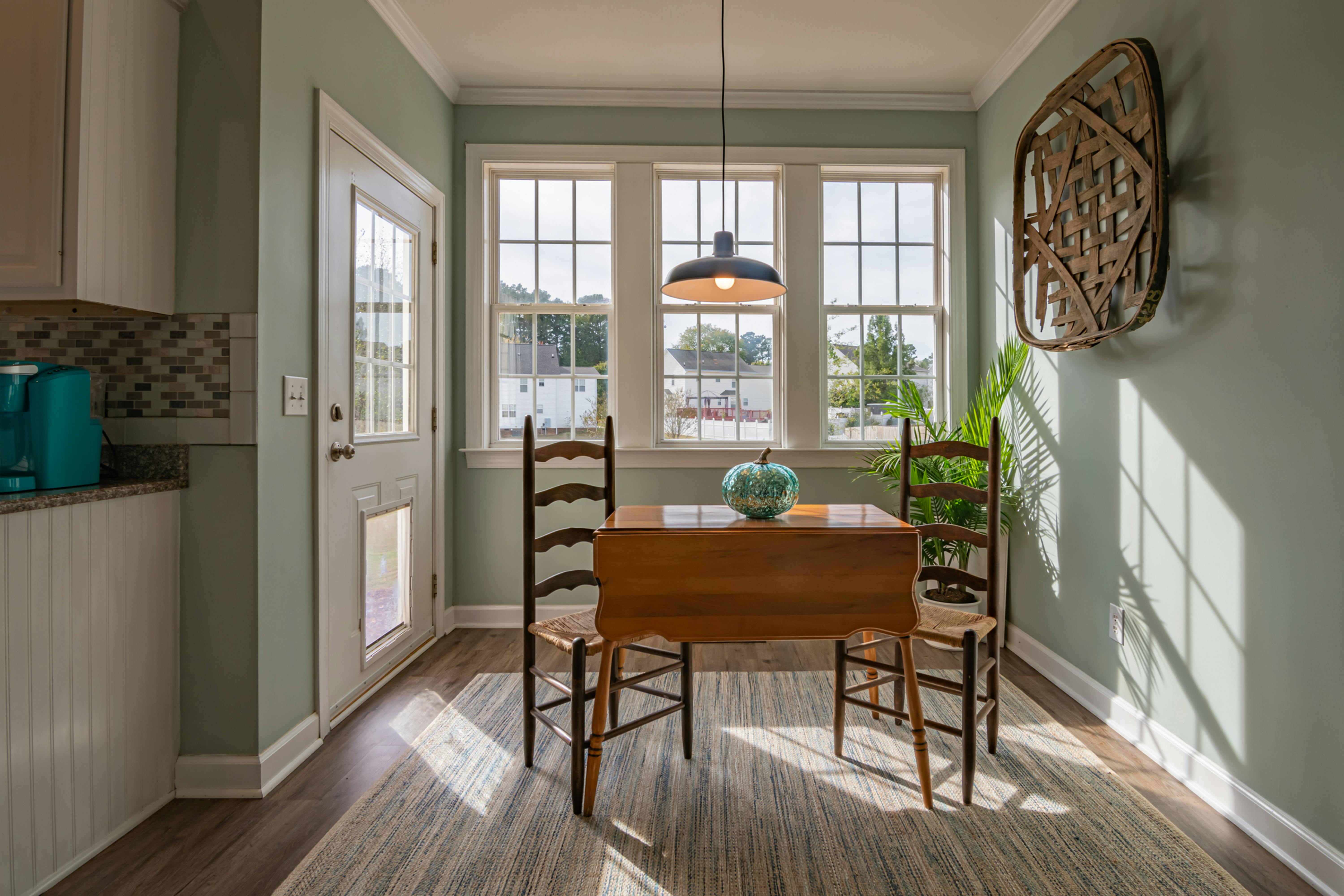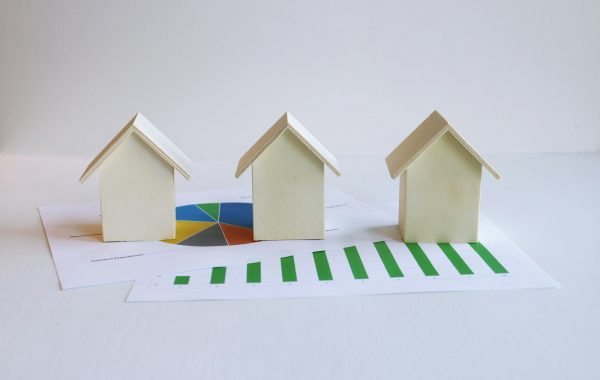
Understanding “Commercial Rental Establishment” for Property VAT in Ghana
Understanding the tax implications of your property investments in Ghana is crucial to maximising returns and ensuring compliance. With the reintroduction of Value Added Tax (VAT) on real estate transactions in 2024, landlords and property managers need to be particularly aware of how their properties are classified for tax purposes. One key classification that significantly impacts your tax liability is whether your property qualifies as a “commercial rental establishment.”
Why This Classification Matters
The distinction between commercial rental establishments and other property types directly affects your VAT obligations:
- Commercial rental establishments are subject to a 5% VAT rate (plus the 1% COVID-19 levy, making it effectively 6%)
- Other rental properties may fall under the higher 15% VAT rate (plus the 1% COVID-19 levy, totaling 16%)
For property owners with multiple units or substantial rental income, this 10% difference can translate to significant financial implications.
What Qualifies as a “Commercial Rental Establishment”?
According to the Ghana Revenue Authority (GRA) and Item 18 of the First Schedule to the VAT Act (Act 870), commercial rental establishments typically include:
1. Office Spaces
Properties designed and used primarily for business operations, including:
- Corporate office buildings
- Co-working spaces
- Professional service facilities
- Business centers
2. Hotels and Accommodation Facilities
Short-term and hospitality-focused properties such as:
- Hotels (from budget to luxury)
- Guest houses
- Bed and breakfasts
- Serviced apartments with hotel-like amenities
- Short-stay accommodations
3. Warehouses and Storage Facilities
Properties designed for the storage of goods:
- Traditional warehouses
- Distribution centers
- Storage units
- Logistics facilities
4. Other Commercial Properties
- Retail spaces and shops
- Malls and shopping centres
- Restaurant premises
- Entertainment venues
What Does NOT Qualify as a Commercial Rental Establishment
It’s equally important to understand what properties typically fall outside this classification:
- Residential properties leased for housing purposes
- Agricultural land
- Undeveloped land
- Property sold rather than rented (different VAT rules apply)
Case Example: VAT Implications for Different Property Types
Let’s consider two hypothetical property investors in Accra:
Scenario 1: Office Building Owner
- Monthly rental income: GHS 50,000
- VAT classification: Commercial rental establishment
- VAT rate: 5% = GHS 2,500
- COVID-19 levy: 1% = GHS 500
- Total monthly tax: GHS 3,000
- Annual tax burden: GHS 36,000
Scenario 2: Residential Building Owner (Commercial Purpose)
- Monthly rental income: GHS 50,000
- VAT classification: Not a commercial rental establishment
- VAT rate: 15% = GHS 7,500
- COVID-19 levy: 1% = GHS 500
- Total monthly tax: GHS 8,000
- Annual tax burden: GHS 96,000
The difference is striking – an additional GHS 60,000 annually in VAT obligations simply due to property classification!
Grey Areas and Considerations
The GRA’s classification isn’t always straightforward, particularly for properties that serve multiple purposes or fall into borderline categories:
Mixed-Use Properties
Buildings that combine commercial and residential elements require careful assessment. The GRA generally looks at the predominant use of the property when determining its classification.
Serviced Apartments
The line between residential rentals and hotel-like accommodations can be blurry. Factors that may push a serviced apartment into the “commercial rental establishment” category include:
- Reception services
- Daily housekeeping
- Predominantly short-term stays
- Centralized management
Luxury Residential Developments
High-end residential complexes with extensive amenities (like Eden Heights) often require specialized tax consideration, especially when they offer services similar to hotels or resorts.
Practical Tips for Property Owners
1. Proper Documentation
Maintain clear records of your property’s primary purpose and usage. This includes:
- Lease agreements specifying the intended use
- Business registration documents if applicable
- Operational records showing how the property functions
2. Consultation with Tax Professionals
Given the significant financial implications, working with tax advisors familiar with Ghana’s real estate VAT regulations is highly recommended. They can:
- Assess your specific property
- Advise on optimal classification
- Help prepare the necessary documentation
- Guide you through GRA interactions
3. Transparent Communication with Tenants
Be clear about VAT obligations in your rental agreements:
- Specify whether quoted prices include or exclude VAT
- Clarify who bears the responsibility for VAT payments
- Document the agreed VAT classification of the property
4. Stay Informed on Regulatory Changes
Ghana’s tax regulations continue to evolve. Subscribe to updates from:
- Ghana Revenue Authority
- Real estate associations
- Professional tax advisory services
Strategic Property Development Considerations
For those developing or investing in new properties, the VAT classification should influence your planning:
Location Selection
Commercial zones may offer clearer classification for VAT purposes compared to residential or mixed-use areas.
Design and Amenities
The facilities and services you incorporate can influence VAT classification. For example, adding reception services or cleaning services may push a property toward commercial rental establishment status.
Operational Structure
How you manage and market your property impacts its classification. Properties marketed for business use are more likely to qualify as commercial rental establishments.
Investment in Premium Developments
Developments like Eden Heights offer well-defined property classifications and professional management that ensure tax compliance, giving investors peace of mind regarding VAT obligations.
Conclusion
Understanding whether your property qualifies as a “commercial rental establishment” is essential for proper VAT planning in Ghana’s real estate market. With the significant difference between the 5% and 15% VAT rates (plus the 1% COVID-19 levy), this classification directly impacts your investment returns.
For landlords and property managers, staying informed about these regulations and seeking professional advice when needed will help optimize tax obligations while maintaining compliance with Ghana’s evolving tax landscape.
Frequently Asked Questions
1. If I convert my residential property to office space, does the VAT rate automatically change?
Yes, generally. Once you change the primary use of your property to a commercial purpose like office space, it would typically qualify for the 5% VAT rate applicable to commercial rental establishments. However, you should formally document this change and potentially inform the GRA.
2. Do furnished apartments always qualify as commercial rental establishments?
Not necessarily. The classification depends on how the property is operated rather than just whether it’s furnished. Short-term, hotel-like rentals with services are more likely to qualify than long-term leases, even if furnished.
3. Who is responsible for collecting and remitting VAT – the landlord or the tenant?
The law places the responsibility on the landlord or property owner to collect and remit VAT to the GRA. This applies regardless of whether the VAT is explicitly added to the rent or built into the price.
4. Are there any exemptions to VAT for certain types of tenants?
Generally, the classification depends on the property type rather than the tenant. However, certain special cases exist, such as diplomatic missions or specific government-approved projects. Consult a tax professional for case-specific advice.
5. How does Eden Heights handle VAT for its residential units?
As a luxury residential development directly supplied by an estate developer, Eden Heights benefits from the lower 5% VAT rate (plus the 1% COVID-19 levy). Prospective buyers should consult with Eden Heights’ professional management team to understand the specific tax implications for their investment.
Interested in learning more about premium real estate investments with clear tax advantages? Contact Eden Heights today to explore our luxury residential options near West Hills Mall, featuring world-class amenities and professional property management services that ensure full compliance with all tax regulations.


